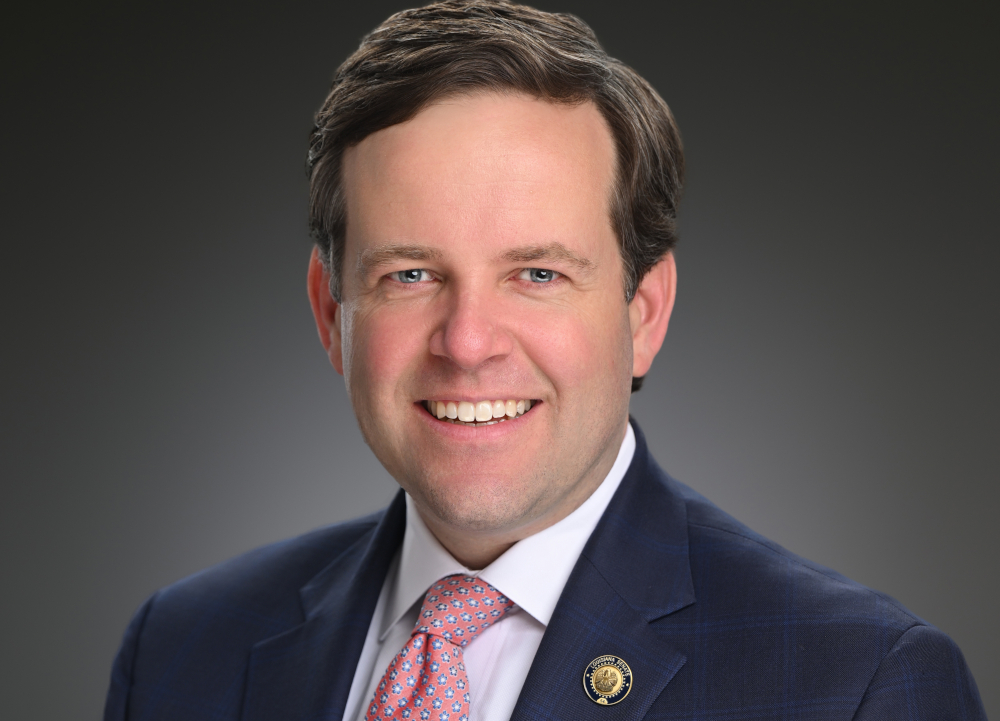Intoxicating hemp products would be banned or under regulations sufficiently strict to wipe out the market in Louisiana under competing measures passed by the State Senate and House of Representatives this week.
The Senate overwhelmingly passed Senate Bill 237 (SB 237), which would ban consumable hemp products outright while House Bill 952 (HB 952) requires substances in any edibles to be derived from the hemp plant in a natural way – unlike the synthetic, high-producing products now widely available.
Sen. Thomas Pressly, a Shreveport Republican who sponsored the Senate bill, said the laws the legislature previously passed that allowed the rise of the consumable hemp intoxicants were “wrong.”
Banning buds
Under language in SB 237, hemp-derived inhalants and floral buds would be illegal to sell, as would beverages and any other consumable hemp products that contain THC. Also, labels for any hemp products intended for consumption would be required to clearly state that they do not contain THC.
At a committee meeting in March, Pressly had said although he supports a full ban on the products, he expected to work out a compromise with stakeholders.
“I think the right spot is somewhere between this bill which completely outlaws it, and where we are currently where it’s free market galore,” he said at the time.
Pressly nonetheless joined the Senators who voted 27-9 – without debate – in favor of a total ban. The vote was mostly along party lines, with Republicans voting for it and Democrats opposing the bill.
Natural derivatives only
By requiring substances in hemp edibles to be naturally extracted, the competing House Bill would eliminate the wide range of intoxicating hemp products, synthetic concoctions – often referred to as “diet weed,” “marijuana light,” or “gas station pot” – that are cooked up in the lab from hemp-derived CBD.
They include delta-8 THC, the most popular of the substances, delta-10 THC, THC-O-acetate, THCP and others. Products containing the compounds are sold as an alternative to marijuana, which contains the psychoactive compound delta-9 THC in a natural state.
Among other key provisions in HB 952:
- Hemp buds are outlawed.
- Consumable hemp products may not contain more than 9 milligrams of total THC per serving.
- Such products may not exceed total delta-9 THC of 0.3% THC.
- Alcoholic beverages may not contain any THC, CBD or any other cannabinoids.
- Non-alcoholic beverages may contain only 8 milligrams of THC per serving.
‘Bad actors’
The House measure outlaws consumable hemp products made from hemp flowers because “bad actors” in the hemp industry are adding sprays that boost THC to psychoactive levels, according to Democrat Rep. Dustin Miller, who sponsored the bill.
An amendment to HB 952 put forth by Democrat Rep. C. Travis Johnson that would have kept consumable hemp products made from hemp flower legal failed.
Also under the House legislation, retailers would be required to keep edible THC products behind the counter, similar to how tobacco is sold, and only those consumers 21 or older could purchase the products.
The bill would also require manufacturers to test every batch of consumable hemp products, and gives the state Office of Alcohol and Tobacco Control the power to ban a manufacturer upon a first violation of the law.
Representatives of Louisiana’s tiny hemp industry, primarily CBD producers, pushed back against restrictions proposed during last year’s legislative session, arguing that psychoactive hemp products are not as harmful as alcohol, for which there are no potency limits. While they were able to delay action until this year, it now appears lawmakers are determined to clean up the unregulated market.
Health concerns
States throughout the U.S. are working to get their arms around a runaway market for intoxicating hemp products after the 2018 Farm Bill legalized industrial hemp federally but failed to anticipate the market for intoxicating downstream products that has developed in the intervening years.
Regulators and health officials have been wary of the products since they started showing up at the end of the last decade. Nearly 8,000 people reported adverse effects after consuming products containing delta-8 THC or other intoxicating hemp compounds between 2021-2023, according to America’s network of poison control centers.
In addition to being widely available in convenience stores, bodegas, CBD shops and other common retail outlets, online ads also push the products, which are usually in the form of gummies and other edibles.

